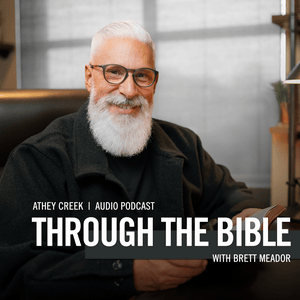Paul confronts the Corinthian church in 2 Corinthians 10:7-12 concerning their emphasis on outward appearance and expectations of how an apostle should look and sound. Unfortunately, this tendency to judge by external expectations is common in both the Bible and our culture today. As we study, we see the danger of evaluating by appearance rather than by substance, learn what God looks at in our hearts, and discover how He wants to make us into people He can use, regardless of outward appearances.


